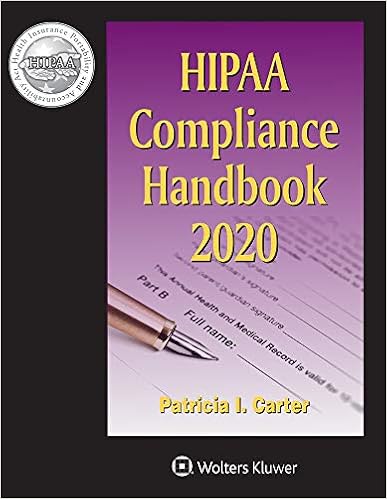
The U.S. Court of Appeals for the 5th Circuit just issued a blistering attack on HIPAA enforcement by the U.S. Department of Health and Human Services (HHS). In University of Texas M.D. Anderson Cancer v. Department of Health and Human Services (No. 19-60226, Jan. 14, 2001), the 5th Circuit struck down a fine and enforcement action by HHS as arbitrary and capricious. This case has significant implications for HHS enforcement — and for agency enforcement more generally.
My reactions to the case are mixed. The court makes a number of good points, and it identifies flaws with HHS’s interpretation of HIPAA and with its enforcement approach. But there are parts of the opinion that overreach and that are unrealistic.
The case arises out of an HHS civil monetary penalty (CMP) against the University of Texas M.D. Anderson Cancer Center for $4,348,000 for a series of incidents involving unencrypted portable electronic devices being lost or stolen. In 2012, a faculty member had ePHI of 29,021 people on an unencrypted laptop that was stolen. Subsequently, in 2013, a trainee and visiting researcher lost unencrypted USB drives with ePHI of thousands of patients on them. HHS imposed a fine of $1.348 million for violating the HIPAA Encryption Rule for the 2012 incident and $1.5 million for each of the 2013 incidents, adding up to a total of $4.348 million.
Applying the Administrative Procedure Act (APA), the Fifth Circuit concluded that HHS’s enforcement was “arbitrary, capricious, an abuse of discretion, or otherwise not in accordance with law.” 5 U.S.C. § 706(2). There are several parts of the court’s decision that are worth discussing.
(1) Interpretation of the Encryption Rule
The court held that HHS misinterpreted the HIPAA Encryption Rule. The rule states that covered entities must “implement a mechanism to encrypt and decrypt electronic protected health information.” 45 C.F.R. § 164.312(a)(2)(iv). HHS contended that the rule was violated because the devices weren’t encrypted. The court, however, emphasized that the rule used the words “implement a mechanism to encrypt” rather than to ensure that devices were encrypted:
Source: The M.D. Anderson Case and the Future of HIPAA Enforcement





February 27th, 2021 7:20 am
Interesting stuff, I must tell. I learned about IT security at https://demyo.com/, and I find this really useful for that matter.